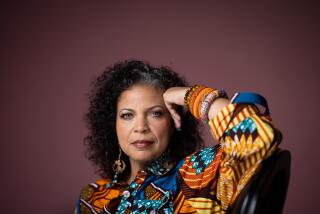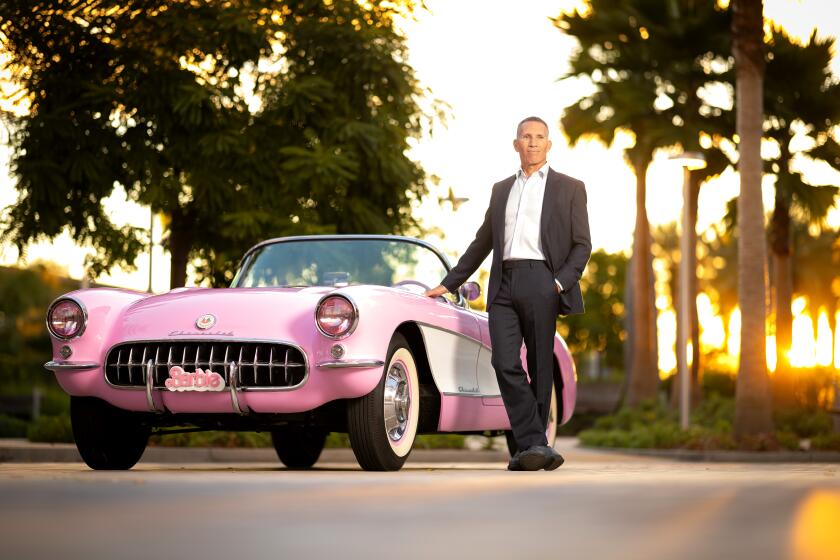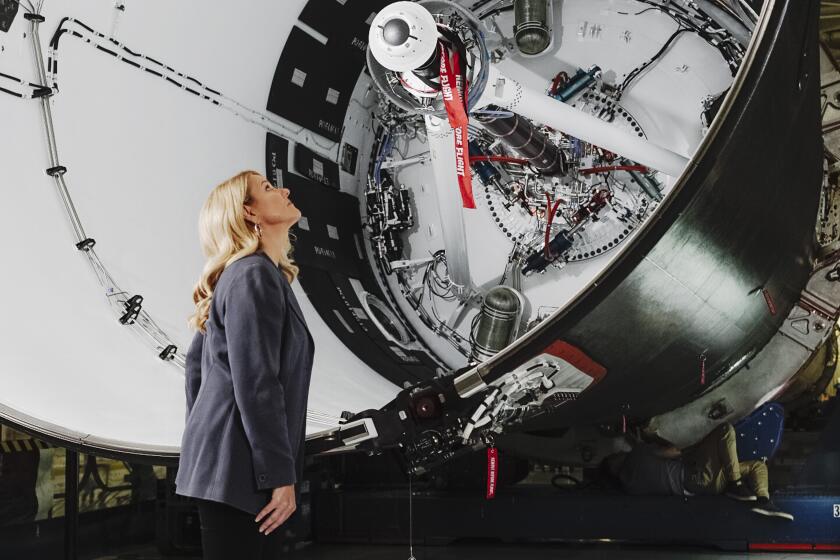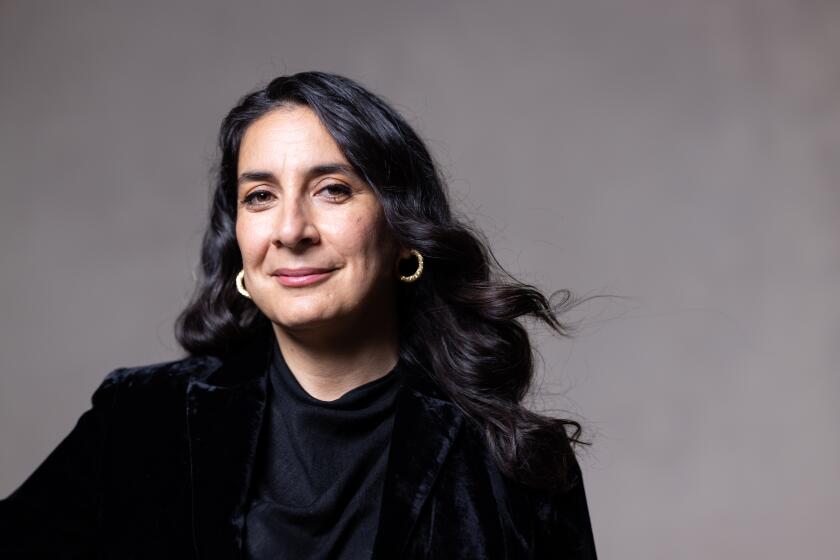
Ten thousand employees; 185,000 acres of Central Valley farmland; $2.5 billion in philanthropy; $11.2-billion combined net worth.
But for Los Angeles, the key figure is this: $750 million.
That’s the historic donation California agricultural barons Lynda and Stewart Resnick made to Caltech in 2019 to fund sustainability research, the largest amount in the field and the second-largest U.S. higher education gift of any sort, at the time. (That donation was later eclipsed by venture capitalist John Doerr, who gave $1.1 billion to Stanford University to build a school of sustainability.)
Discover the changemakers who are shaping every cultural corner of Los Angeles. This week we bring you The Disruptors. They include Mattel’s miracle maker, a modern Babe Ruth, a vendor avenger and more. All are agitators looking to rewrite the rules of influence and governance. Come back each Sunday for another installment.
L.A. is awash with billionaires who shape the city, but perhaps none more so in recent years than the Beverly Hills couple whose Wonderful Co. pomegranate juice, pistachios and Halos mandarins are supermarket favorites.
With their donation, the longtime local arts patrons single-handedly made Caltech a leader in a field at the forefront of existential concern.
“If you can’t solve climate change, we are all dead, right?” said Stewart, a longtime UCLA donor and alum.
The donation pays for more than $20 million in annual research as well as construction of the Resnick Sustainability Center, which will open this fall. The research into climate science, solar energy, water conservation and other topics places a greater emphasis on tech transfer than is typical at Caltech.
With their donation, the longtime local arts patrons single-handedly made Caltech a leader in a field at the forefront of existential concern.
Caltech President Thomas Rosenbaum said the donation has funded research that has already borne startup companies, including Captura, which is developing mass-scale electrodialysis to remove carbon dioxide from the ocean so it has the capacity to absorb more from the atmosphere. Another company, Calcarea, aims to capture carbon dioxide from ship emissions and sequester them in the ocean.
The gift grew out of a long relationship with the Pasadena school, where Stewart has sat on the board since his 2005 election and had previously donated $38 million for sustainability.
Stewart, 87, and Lynda, 81, also have given $50 million to both UC Davis and the Technion-Israel Institute of Technology in Haifa, Israel, for sustainability research.

But the couple’s gifts highlight the tension between private philanthropy and the sources of that giving. Wonderful Co.’s nut trees, and fortunes, have themselves been sustained by intensive water usage amid a quarter-century of drought in the state. Wonderful also is involved in a bitter union battle over its Kern County grapevine nursery.
To effectively battle climate change, though, environmentalists say it will be necessary to continue to bring the private sector into the fold. Today, roughly 60 professors, or nearly 20% of Caltech’s faculty, are involved in sustainability research.
“Can you take this basic science and really do something that will measurably improve people’s lives?” Caltech President Rosenbaum asked. “I think that’s where Stewart was coming from.”









